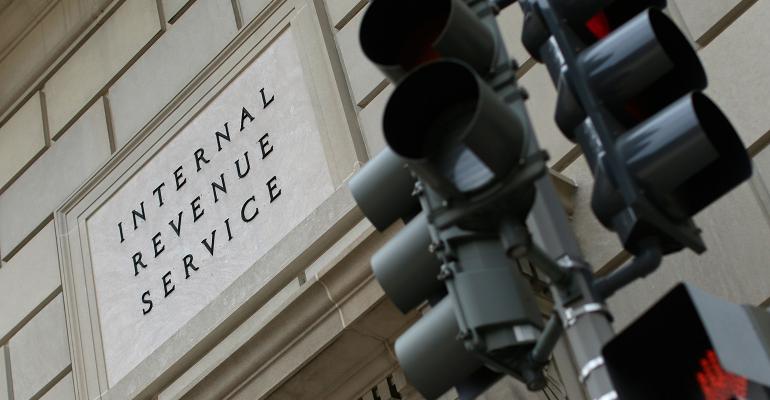(Bloomberg) -- The Internal Revenue Service crime unit that played a leading role in the Binance Holdings Ltd. probe is seeing a surge in cases involving crypto-related tax evasion, according to the division’s leader.
Three years ago, the vast majority of the active crypto investigations — upwards of 90% — involved money laundering, Jim Lee, chief of the IRS’s criminal investigation division, told reporters on a call Monday. But in the past year, about half of the digital-asset probes have involved tax, he said.
These investigations cover a range of issues — from taxpayers failing to report income from capital gains or mining activities to individuals purposely not disclosing their crypto holdings, according to the division’s latest annual report covering Oct. 1, 2022 through Sept. 30.
Since the 2019 tax year, the IRS has asked individuals to disclose whether they’ve transacted in cryptocurrency. The requirement was part of a broader effort to clamp down on digital-asset tax dodgers.
Read more: Binance Pleads Guilty, Loses CZ, Pays Fines to End Legal Woes
The IRS unit’s role was pivotal in the criminal case against Binance, the world’s largest digital-asset exchange. Last month, the firm pleaded guilty to anti-money laundering and US sanctions violations and agreed to pay $4.3 billion. The sweeping settlement involved multiple parts of the government, including the Justice Department, the Treasury Department and the Commodity Futures Trading Commission. The IRS is part of the Treasury Department.
Binance Chief Executive Officer Changpeng Zhao pleaded guilty to a criminal charge and agreed to step down from his role at the company.
The IRS has also been involved in several of the largest digital-asset seizures, including the record recovery of $3.6 billion worth of Bitcoin stolen during the 2016 hack of crypto exchange Bitfinex.





